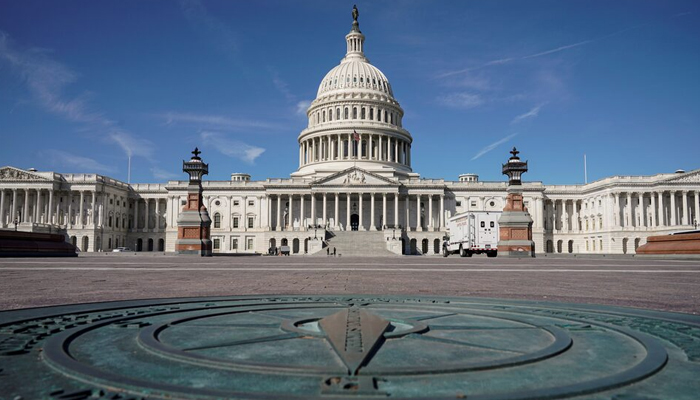US House of Reps passes bill to ban TikTok
In the second phase, the bill will now move to the Senate for a vote
March 13, 2024

- After ban TikTok will be removed from US app stores.
- The bill will now move to the Senate for a vote.
- Joe Biden has said he'd sign bill if passed by Senate.
In a major development to bar the Chinese-based TikTok for users across the US, the House of Representatives Wednesday passed a bill seeking to ban the Byte Dance-owned video application, amid Beijing's warning that it would bite back at Washington.
If the ban is imposed, the application will be removed from all the app stores across the country unless the parent company ByteDance sells its ownership.
In the second phase, the bill will now move to the Senate for a vote.
US President Joe Biden has earlier said he would sign the bill if the Senate passes it.
The vote was 352-65 with 15 Republicans and 50 Democrats voting in opposition. One Democrat voted present, according to the CNN estimates.
Responding to the development, TikTok criticised the bill and the secret process, hoping that the Senate would not consider doing the same.
TikTok spokesperson said: "This process was secret and the bill was jammed through for one reason: it's a ban. We are hopeful that the Senate will consider the facts, listen to their constituents, and realize the impact on the economy, 7 million small businesses, and the 170 million Americans who use our service."
According to the legislators who support the bill, TikTok is vulnerable to Chinese intelligence laws that force ByteDance to hand over the platform’s user data.
The data would be utilised for identifying intelligence targets for disinformation campaigns.
"TikTok is owned by ByteDance. ByteDance is in China," said Texas Republican Rep. Dan Crenshaw.
"And when you're in China, you have to do whatever the Chinese Communist Party says you have to do. That's according to the national intelligence law passed in 2017. If they want you to spy for them, you will spy for them. That's how that works."











